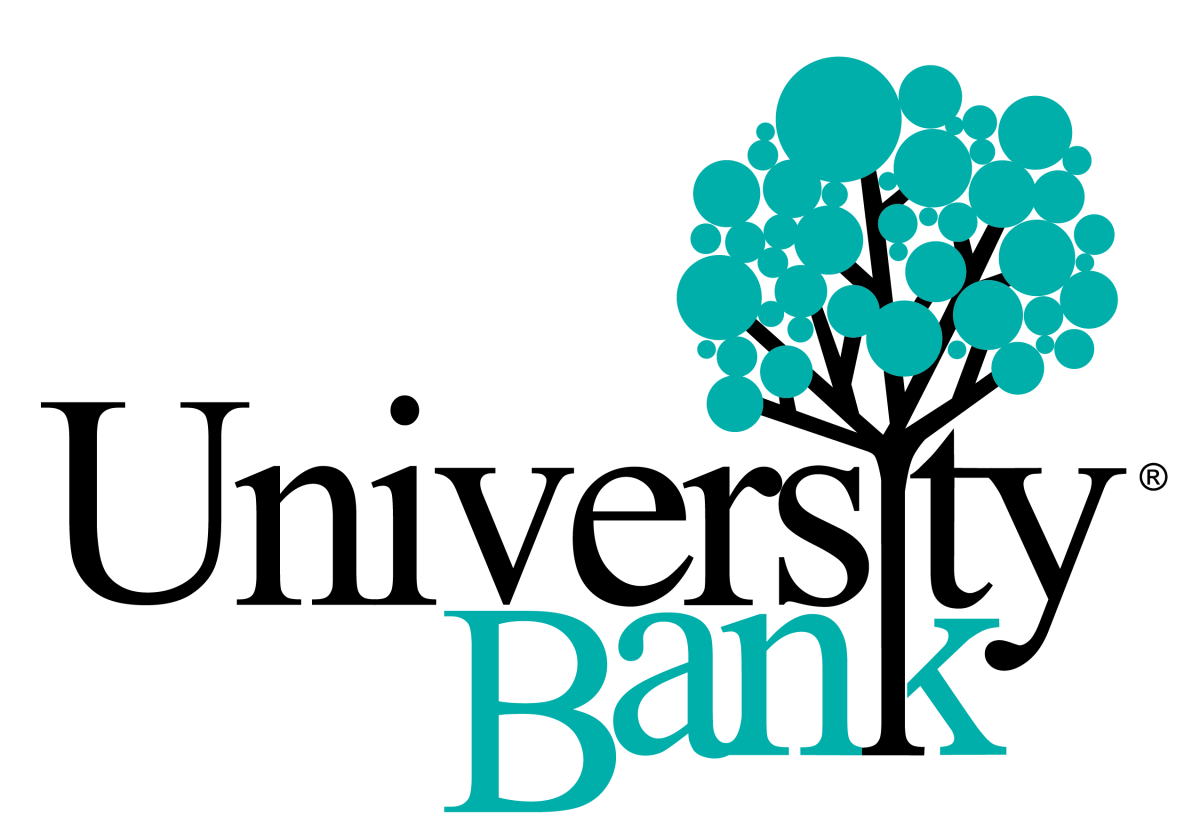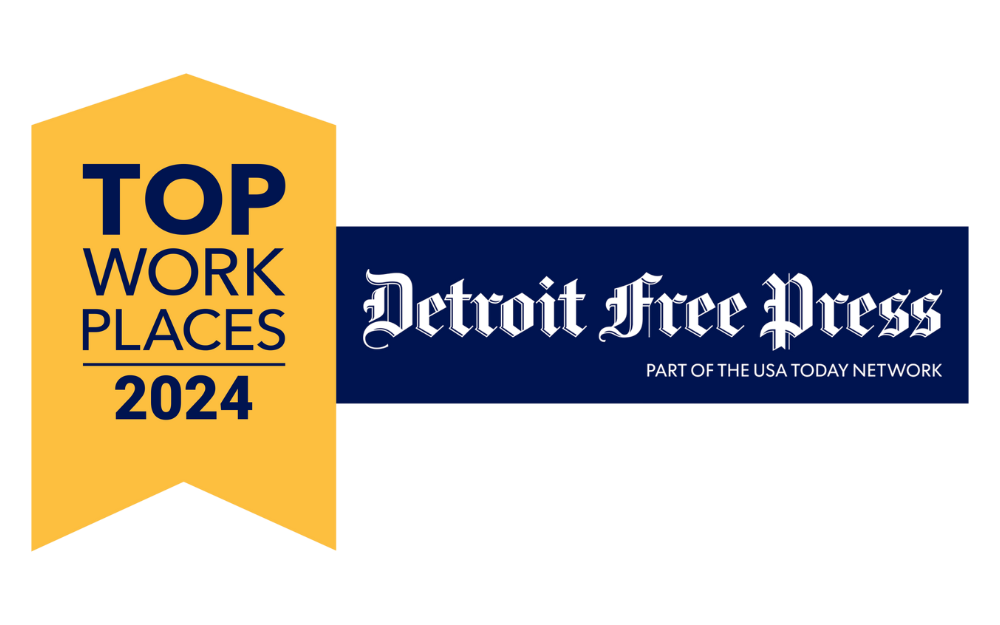Ann Arbor, Michigan, June 1, 2010, — University Bancorp, Inc. (OTCQB: UNIB) (Pink Sheets: UNIB) announced today that it had audited net income of $693,517 in 2009 versus $34,739. After taking into account preferred stock dividends, net income per share attributable to the common stockholders of University Bancorp, Inc. was $0.147 per share in 2009 versus a net loss per share of $0.003 in 2008. Highlights for the year include:
- Mortgages subserviced grew 38.4% to 53,970 from 39,002, the total of mortgages subserviced grew to $7.91 billion and revenue at Midwest Loan Services rose 39.4% to $6,781,241 from $4,864,694;
- Deposit mortgage escrow deposits at University Bank grew 60.8% to $68,485,648 from $42,592,639;
- Our mortgage wholesale division originated $489,655,726 in mortgages up 267%, from $133,420,563 in the first partial year of operations in 2008;
- Our Islamic banking operations had another record year in growth of revenue (+62.6%) Community Banking continues to actively lend in our local community despite the ongoing business recession;
Key metrics for the year ended December 31, 2009 were:
- Total employees in Michigan rose to 190 from 150, up 23%;
- Total Assets increased to $134.4 million from $129.9 million, up 3.5%;
- Net Interest and financing income decreased to $4.20 million down 7.4%;
- Loans and financings held for portfolio decreased -0.1% to $59.27 million;
- Islamic revenue grew 62.6% to $2,810,660 from $1,728,690 in 2008;
- Islamic residential originations grew 63.7% to $38,691,969 from $23,636,481 in 2008;
- Cumulative Islamic residential financing originations exceeded the $100,000,000 level.
- Tier 1 Capital rose to 9.21% from 7.78% at 12/31/2008;
- Return on common stockholders’ equity was 11.4%.
Unusual expenses during the year decreased the final result by $2,301,199:
- Regulatory costs were incurred of $730,000 related to the FDIC Order;
- Special one-time FDIC industry-wide assessment of $70,000;
- Provision for Loan Losses and allowance for loan recourse was $1,501,199 versus the 7 year average provision of $327,714, or $1,173,485 over the long term trend.
President & CEO Stephen Lange Ranzini noted, “We are pleased to have had a strongly profitable result in 2009, a year that was very challenging for our industry. During 2009, University Bank’s three largest business units increased their revenue by between 39% and 323% and our mortgage subservicing, mortgage wholesale banking and Islamic banking units now represent 90.6% of the bank’s consolidated revenue. Our bank is safe, strong and solid and is making profits even in these economically challenging times.” According to the IDC bank rating agency, University Bank’s current IDC financial strength rating of 245 makes it the second highest rated operating bank in the Lower Peninsula of Michigan.
University Bank® also announced that it was released from a formal agreement on March 16, 2010 that it had entered into on February 12, 2009 with the Federal Deposit Insurance Corporation and the State of Michigan Office of Financial and Insurance Regulation to assist in improving aspects of its operations. The agreement was proposed by the regulatory agencies as a means of strengthening University Bank as a result of University Bank’s supervisory examination in June of 2008 which indicated some shortcomings in the bank’s compliance processes. During the regulatory audit process in 2009, improvement was noted by the examiners and this led to the termination of the improvement agreement in early 2010.
Other recent important developments include University Bank receiving a major industry award in February 2009, the American Bankers Association’s 2009 Community Bank Award for its work in expanding homeownership opportunities. The award is a testament to the bank’s management team and their foresight. The bank’s past major awards include the U.S. Banker magazine’s Community Bankers of the Year Award in 2006 and the FDIC’s Outstanding Rating for Community Service and Community Reinvestment. “These major industry awards are a testament to the track record of University Bank, its long term involvement in helping grow our community and the fact that our business units are implementing strong business plans and are well managed,” Ranzini noted.
The bank’s management team and staff are actively involved in assisting the community. During 2009, Ranzini, who also serves as President of University Bank and was recently appointed to the additional role of CEO of University Bank, was re-elected as both the President of the Ann Arbor Economic Development Corporation and as the Vice-Chairman of the Washtenaw County Economic Development Corporation and he continues to donate his time in these and other efforts in an effort to help local industry create additional quality jobs.
Ann Arbor-based University Bancorp owns 100% of University Bank which, together with its subsidiaries, holds and manages a total of over $8.5 billion in loans and assets. University Bank is an FDIC-insured, locally owned and managed community bank, and meets the financial needs of its community through its creative and innovative services. Founded in 1890, University Bank® is proud to be selected as the “Community Bankers of the Year” by U.S. Banker magazine, the recipient of the American Bankers Association’s 2009 Community Bank Award and as one of the 12 fastest growing businesses in the Ann Arbor region by the regional economic development agency Ann Arbor SPARK.
Full financial information is available at: www.university-bank.com/bancorp/.
Contact: Stephen Lange Ranzini,
President and CEO
Phone: 734-741-5858, Ext. 9226
CAUTIONARY STATEMENT: This press release contains certain forward-looking statements that involve risks and uncertainties. Forward-looking statements include, but are not limited to, statements concerning future growth in assets and net income, the sustainability of past results, and other expectations and/or goals. Such statements are subject to certain risks and uncertainties which could cause actual results to differ materially from those expressed or implied by such forward-looking statements, including, but not limited to, economic, competitive, governmental and technological factors affecting our operations, markets, products, services, interest rates and fees for services. Readers are cautioned not to place undue reliance on these forward-looking statements, which speak only as of the date of this press release.




